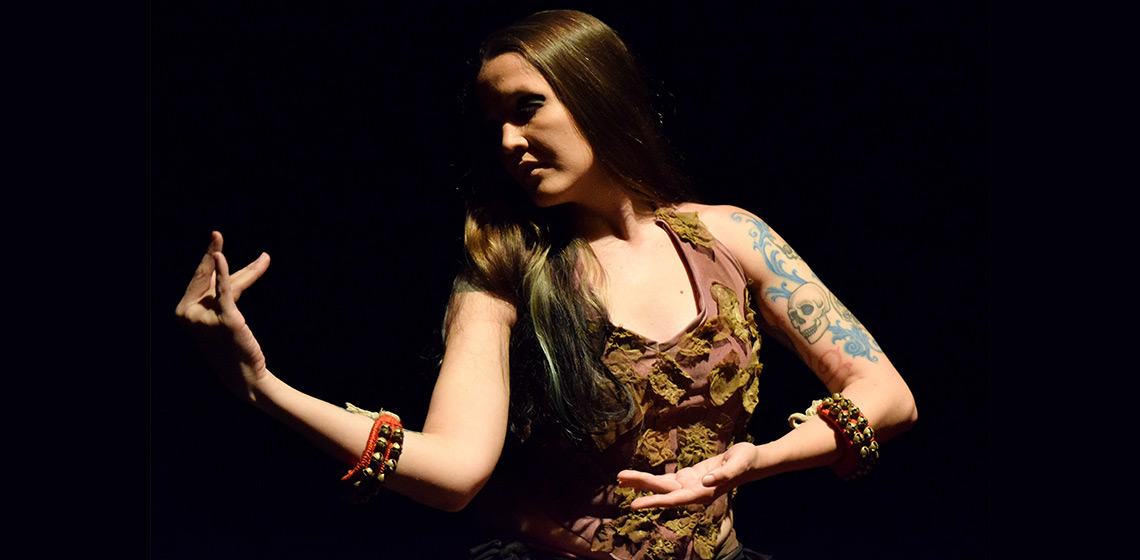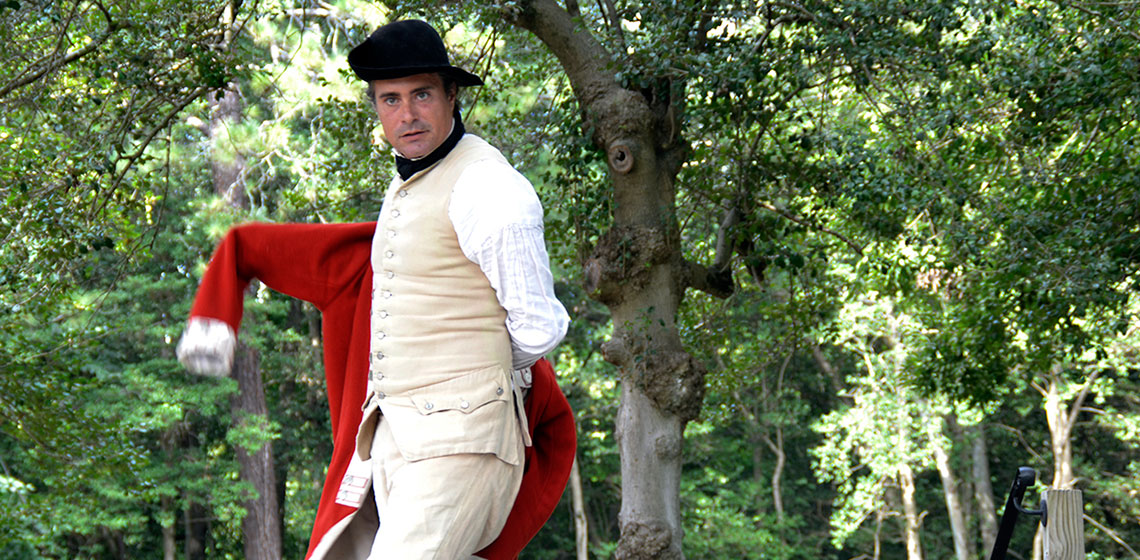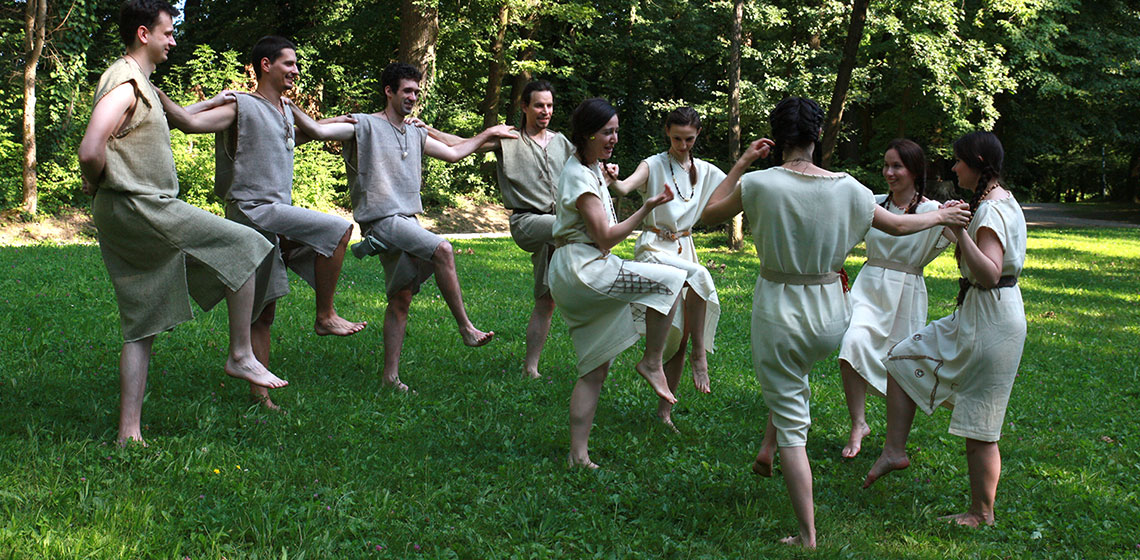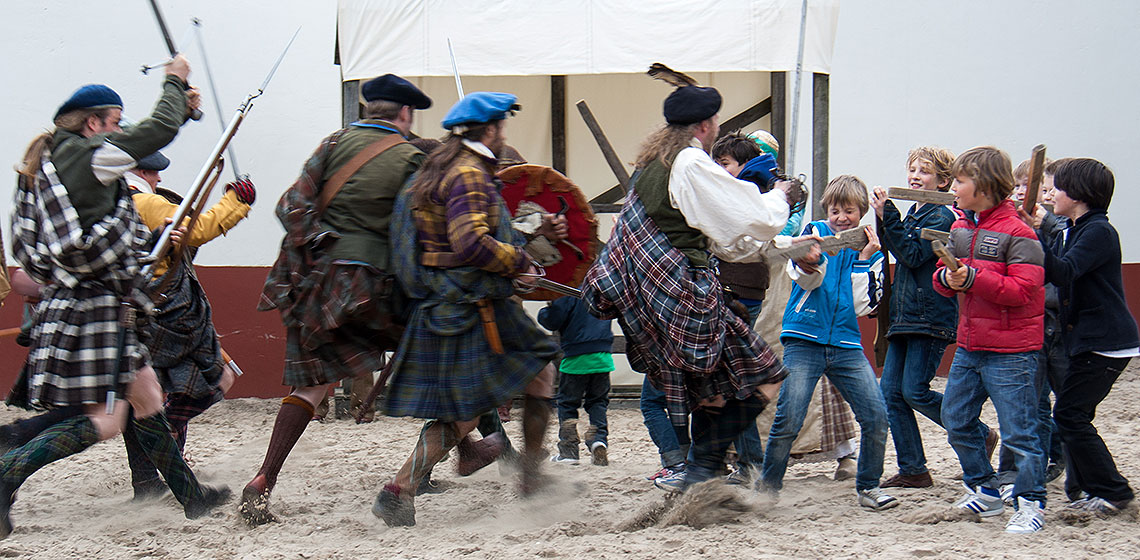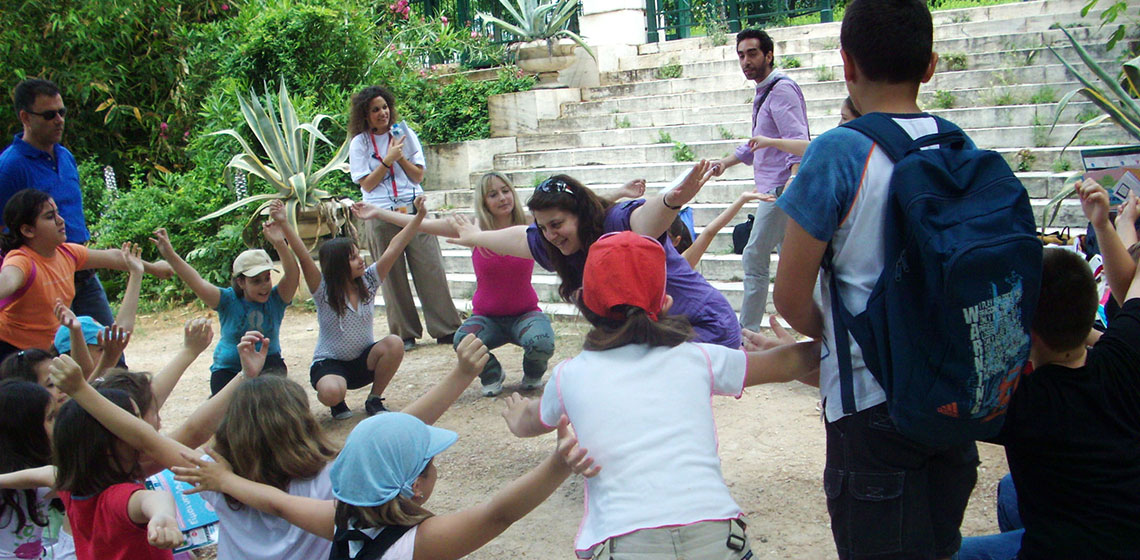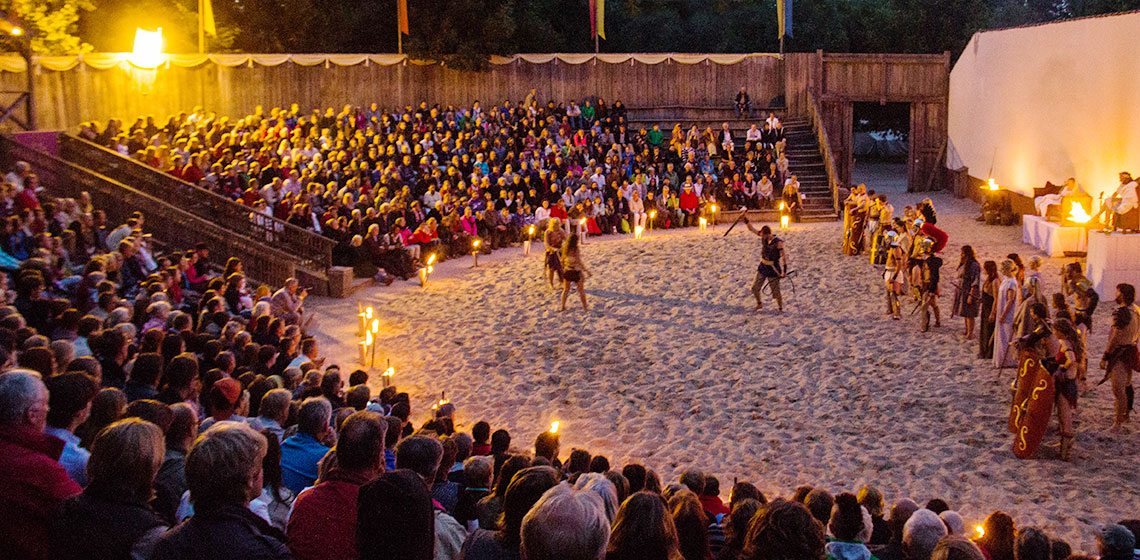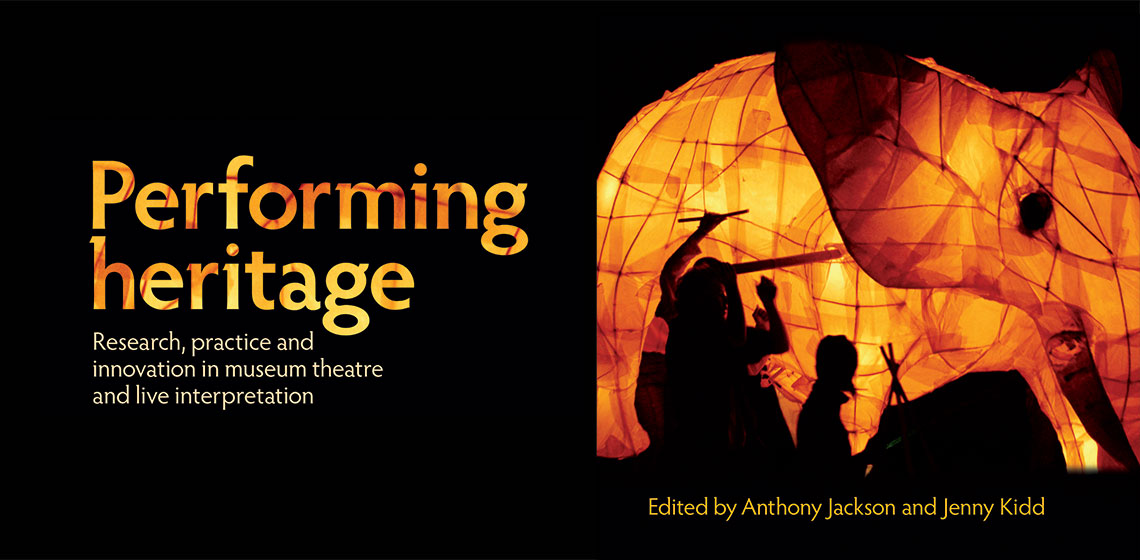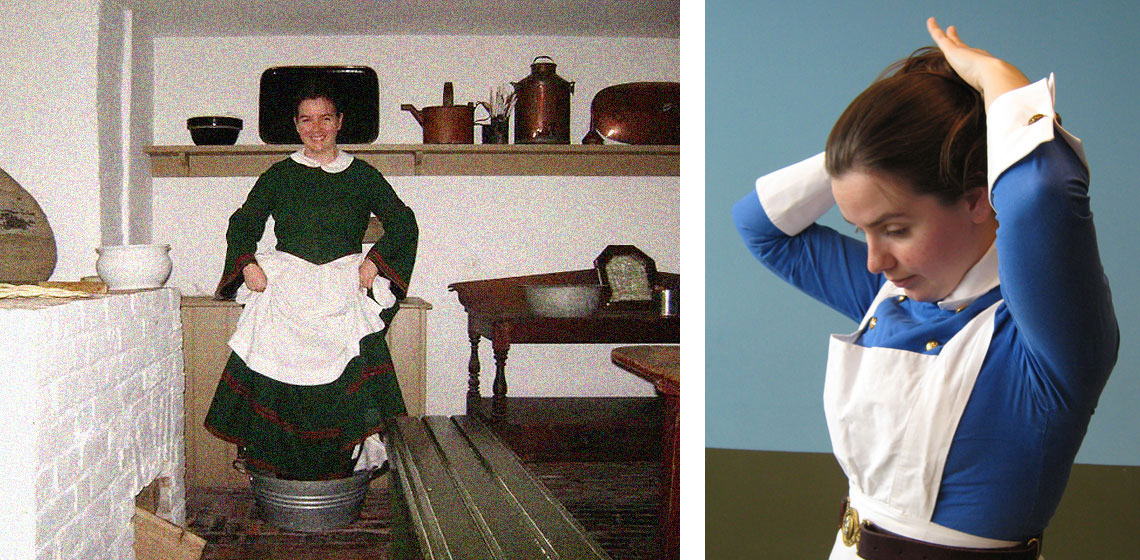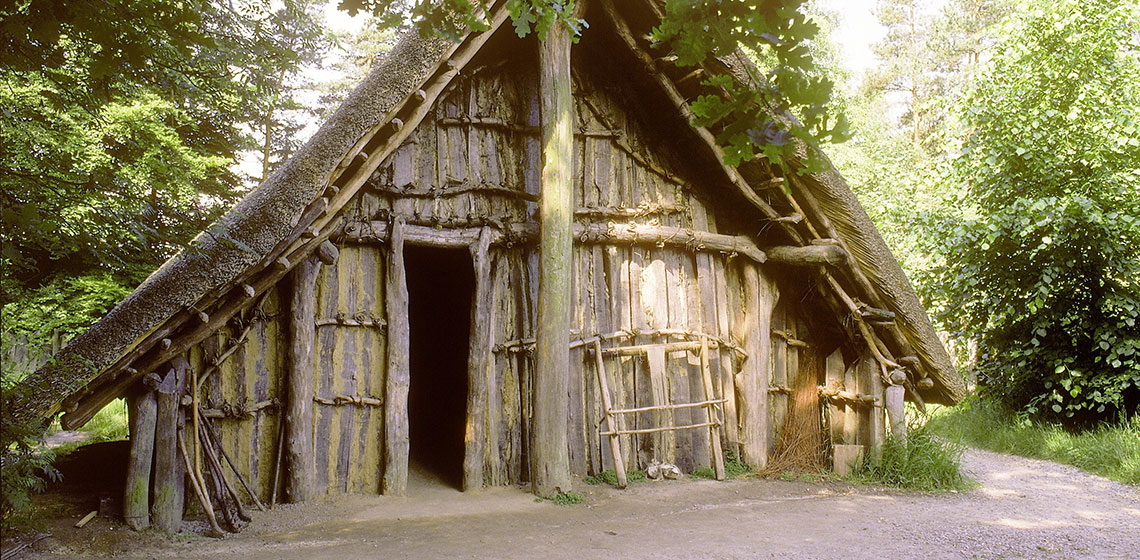theatre
The Experimenter's Body: Movement as an Artifact
History in Motion: Colonial Williamsburg
The Forgotten Movement – A (Re)construction of Prehistoric Dances
***Dancing has always been and still is an integral part of the lives of individuals and communities around the world, and it forms part of the cultural identity of all traditional societies. Unlike the arguably small role it has in modern urban societies, dance had much greater role in the lives of individuals and communities of ancient and recent past (Maletić, 1986, pp.14, 41), as well as it still has in many of contemporary tribal communities...
Book Review: Geschichtstheater. Formen der "Living History" by Wolfgang Hochbruck
National interest in re-production of history started when the Ethnological Commission of Westphalia called together with Freilichtmuseum Cloppenburg, one of the oldest German open-air museums, a conference on the topic of “Living history in the Museum” in 2007 in Cloppenburg, Niedersachsen. Subsequent conferences made it clear that - apart from predictable doubts about the reliability and quality of the reconstructions of historical life-worlds and events - there was a significant dissonance regarding terminologies.
What Does Your Visitor Experience? Making the Most of Live Interpretation in a Unique Setting
***Archaeological Open-Air Museums (AOAM) offer a unique setting in which live interpretation can make history come truly alive. For many, or perhaps all, AOAM history is the product being sold to the public. During the five years the OpenArch project has run the partners have spent many hours discussing the...
Museum Theatre in Greece: Perspectives in Site Interpretation
Putting on a Show - The How and Why of Historical Shows and Theatre in a Historical Setting or Theme-park
Book Review: Performing Heritage: Research, Practice and Innovation in Museum Theatre and Live Interpretation by Anthony Jackson & Jenny Kidd (eds)
Interpreting the Interpreter: is Live Historical Interpretation Theatre at National Museums and Historic Sites Theatre?
75 Years of History on Concrete Floors
In 2011 the archaeological open-air museum Oerlinghausen (member of EXARC) turned 75 years old, and with that it is one of the oldest archaeological open-air museums in the world. It is, at least, oldest Germanic open-air museum...

